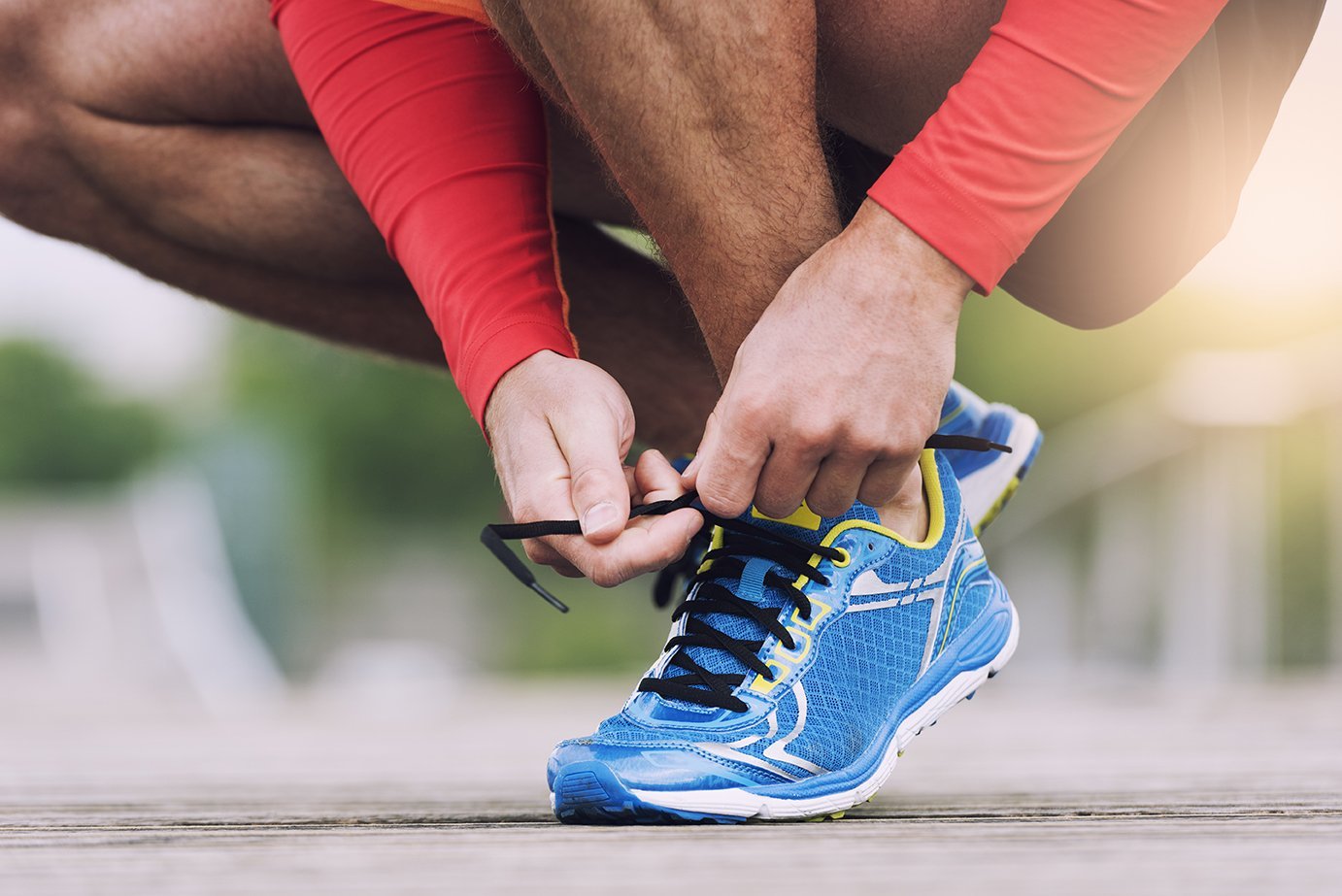Commonly seen in active adolescents and adults, athlete's foot is a contagious fungal infection that affects the skin on the feet. While athlete’s foot isn’t too serious, it can be unpleasant, causing itching, stinging and a foul odor. It can sometimes be difficult to cure, which is why it's important to catch it early.
Let's look at who is at most risk for athlete's foot and some of the common symptoms of the infection.
What causes athlete's foot and who's at risk?
The fungus involved with athlete's foot is called tinea pedis. Tinea pedis thrives in warm and moist environments. Normally, there are fungi called dermatophytes that live on your skin, hair and nails. When the environment the fungi live in becomes damp and warm, the fungi grow out of control --causing athlete’s foot.
You can also catch athlete’s foot by coming in direct contact with a person who already has it, or by touching surfaces that have been contaminated with the fungus. Common surfaces that are home to the fungus include public showers, locker rooms and swimming pools.
Anyone who frequently visits these public spaces and walks in them barefoot is at an increased risk of getting athlete's foot. This infection is often associated with athletes because it can arise from having sweaty feet while wearing sweaty socks and shoes. The fungus loves warm, moist environments created in athletes' shoes and can spread from one person to another if they share socks, shoes or towels that are infected.
What are the symptoms of athlete's foot?
As athlete's foot can be tough to cure, it's vital that you catch it early by knowing the common warning signs. Possible symptoms include:
- Itchy blisters on your feet
- Stinging, burning and itching between your toes or on the soles of your feet
- Dry skin on the sides or soles of your feet
- Cracking and peeling skin on your feet, commonly found between the toes and on the soles
- Discolored, thick and crumbly toenails
- Toenails that pull away from the nail bed
Treatment options
If you think you or your child may have athlete's foot, seek medical attention at your local urgent care clinic as soon as possible. Indigo Health clinics are open seven days a week from 8 am to 8 pm, so you can receive treatment quickly.
Our medical providers can diagnose athlete's foot by the symptoms and prescribe a topical or oral prescription-strength antifungal medication. Make sure to use the medication for as long as recommended, even if the infection seems to be getting better, because athlete’s foot can come back.
To prevent a recurring infection, try to keep your feet dry, especially between the toes. Change your socks regularly and alternate pairs of shoes to help cut down on moisture. Avoid scratching the rash, as it may spread and become even more troublesome. Contact your local Indigo Urgent Care clinic if you have any concerns.


